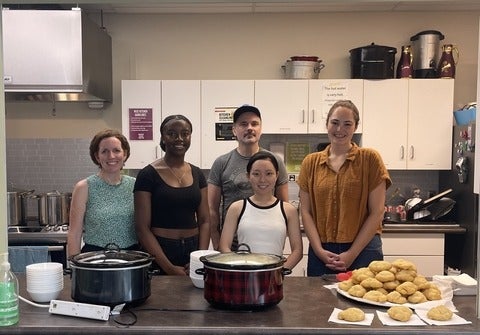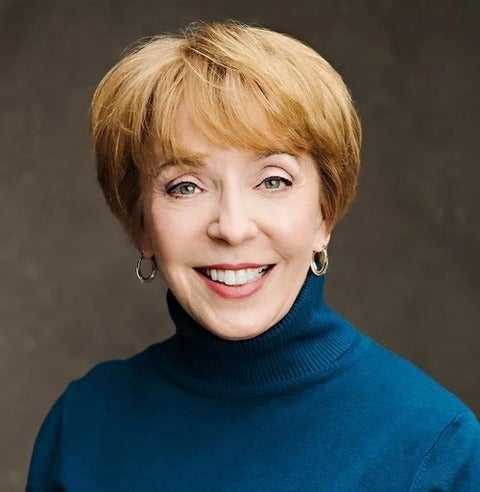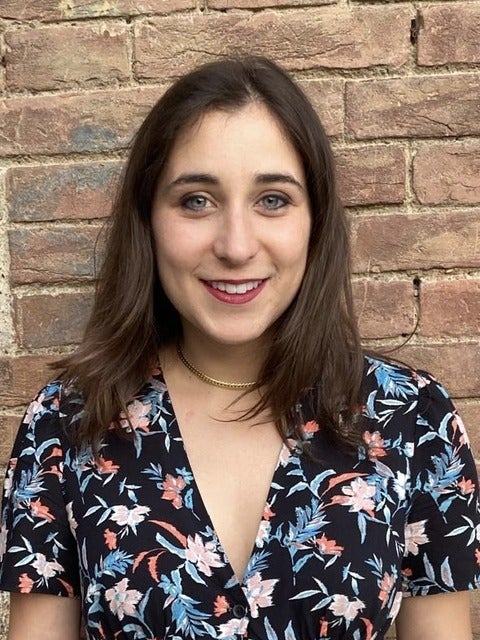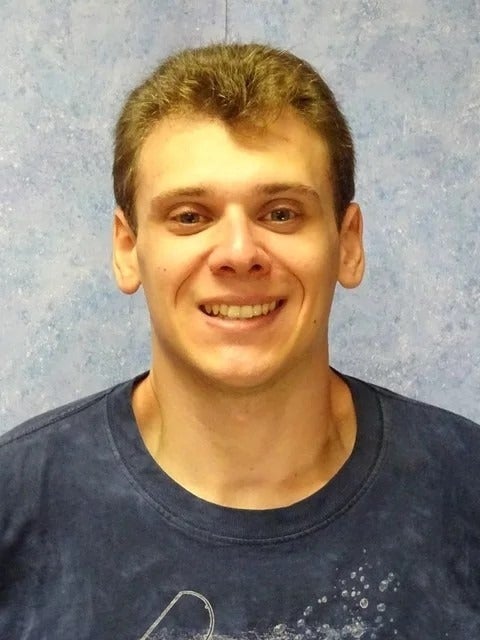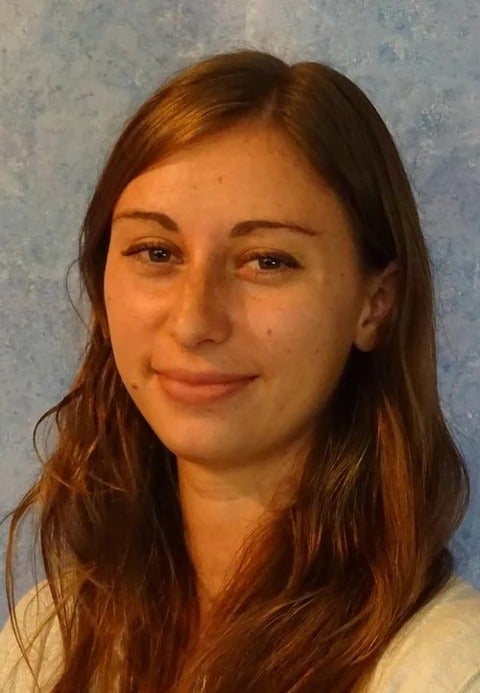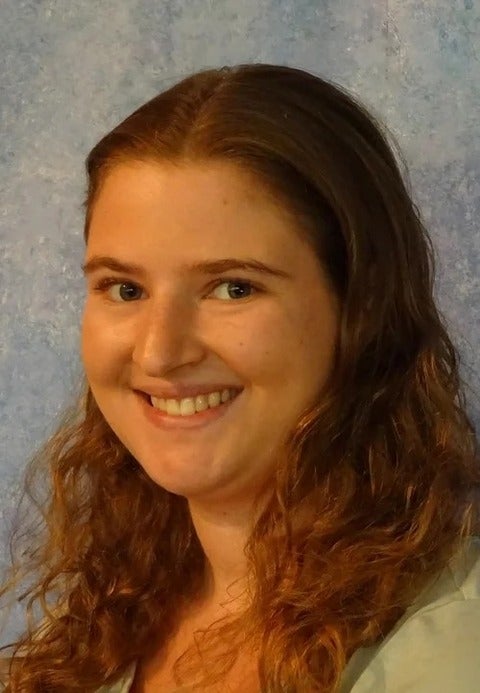






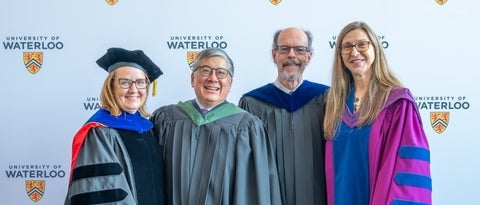
Welcome to the Department of Psychology
The Department of Psychology at UWaterloo offers several programs at the undergraduate and graduate level.
Undergraduate Major Programs
The University of Waterloo offers two undergraduate degrees in Psychology: Bachelor of Arts and Bachelor of Science in Psychology.
For information about our BSc Psychology program, please check the Faculty of Science website.
Students enrolled in the Faculty of Arts can major in Psychology through one of the following programs:
- BA Honours Psychology (regular or co-op)
- BA Honours Arts and Business, Psychology (regular or co-op)
- BA Four-Year General Psychology (regular only)
- BA Three-Year General Psychology (regular only)
It is also possible to graduate with a double major in Psychology and another discipline.
Click here for more information about our degree options and specializations at the undergraduate level.
Undergraduate Minors and Diploma
Psychology Minor
Along with the wonderful major program options, the psychology department also has a Psychology Minor consisting of eight courses. This Minor gives students a chance to experience a variety of psychology disciplines.
Human Resources Management Program
The Human Resources Management (HRM) program here in the Department of Psychology is made up of two possible academic plans: a Minor for undergraduates and a Diploma for post-degree students. We are excited to be able to provide students with the opportunity to learn from working professionals in various areas of the HR world while also being able to complete the course requirements needed for the Certified Human Resources Professional (CHRP) designation or the Certified Human Resources Leader (CHRL) designation offered by the Human Resources Professionals Association (HRPA).
Cognitive Science Minor
Another great Minor to consider is the Cognitive Science Minor. Cognitive Science courses include courses from a variety of disciplines and faculties, including Computer Science, English ECE, Biology, Psychology, Philosophy, and more!
Psychology Graduate Programs
The Department of Psychology offers three types of programs at the graduate level.
Master of Arts in Psychology
The University of Waterloo offers a full-time, two year Master of Arts in Psychology program that can be completed in the following research areas. Please visit the area webpage to find more information on the area of study.
Master of Applied Science in Psychology
The University of Waterloo offers two Master of Applied Science level programs.
The Master of Applied Science (MASc) program in Developmental and Communication Science (DCS) is a full-time, one-year program offered within the Developmental Area of the Department of Psychology.
The Master of Applied Science (MASc) in Industrial-Organizational Psychology is a full-time, two-year program offered within the Industrial-Organizational Area of the Department of Psychology.
PhD in Psychology
The University of Waterloo offers a PhD in Psychology that can be completed in the following research areas. Please visit the area webpage to find more information on the area of study.
Our faculty are internationally renowned and our graduate and undergraduate programs are consistently ranked among the top departments in Canada. Our department conducts high-impact research in each of the six major subdivisions of psychology listed below.
Resources
News
Soup and Bannock Lunch at WISC Hosted by Psychology Department Volunteers
The recently concluded Soup and Bannock Lunch, hosted by a team of volunteers from our psychology department, mostly graduate and undergraduate students, was a huge success. Everyone had a great time.
Dr. Joanne Wood Awarded the 2024 Distinguished Lifetime Career Award
Congratulations to Dr. Joanne Wood on being awarded the 2024 Distinguished Lifetime Career Award from the International Society for Self and Identity.
Congratulations on all of your contributions and on being recognized by your peers with such a major award!
This annual award recognizes a scientist who has made sustained and important contributions to our understanding of self and identity throughout their academic career.
Is AI conscious? Most people say yes, says Study by Dr. Clara Colombatto and Colleague Dr. Steve Fleming
Dr. Clara Colombatto and her colleague Dr. Steve Fleming at University College London, recently revealed that two-thirds of people think that artificial intelligence (AI) tools like ChatGPT have some degree of consciousness and can have subjective experiences such as feelings and memories.
Events
Tyler Kruger’s PhD Oral Defence
Tyler Kruger’s thesis is entitled: “Examining the Influence of Caffeine on Attentional Engagement in Everyday Life and During an
Auditory Attention Task”
All are welcome to attend.
Nicole Gevaux’s PhD Oral Defence
Nicole Gevaux’s thesis is entitled: “Children’s Performance and Social Behaviour during Competitive Games with (simulated) Peers”
Remote defences are closed to the public.
Rebecca Trossman’s PhD Oral Defence
Rebecca Trossman’s thesis is entitled: “Exploring Social Attention in Attention-Deficit/Hyperactivity Disorder: A Dimensional Approach”
All are welcome to attend.
